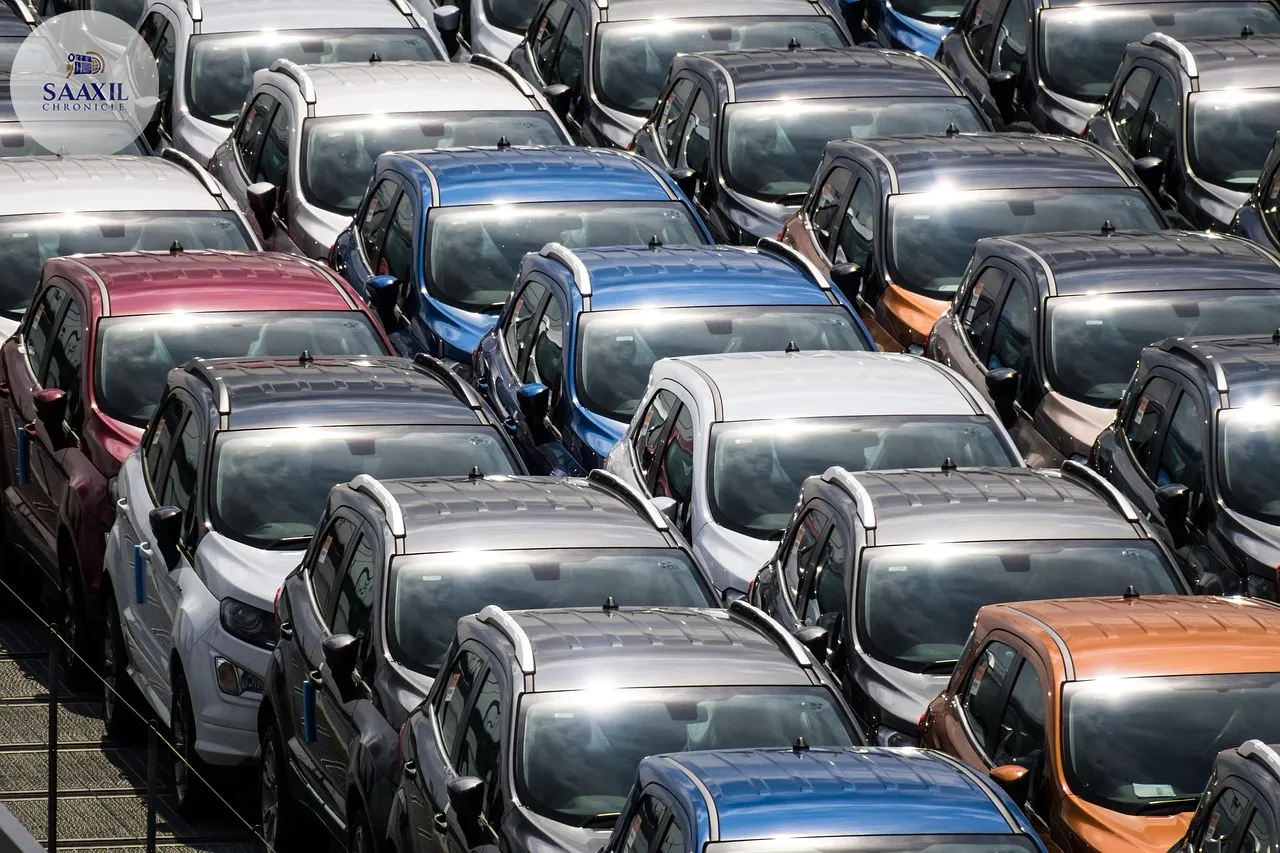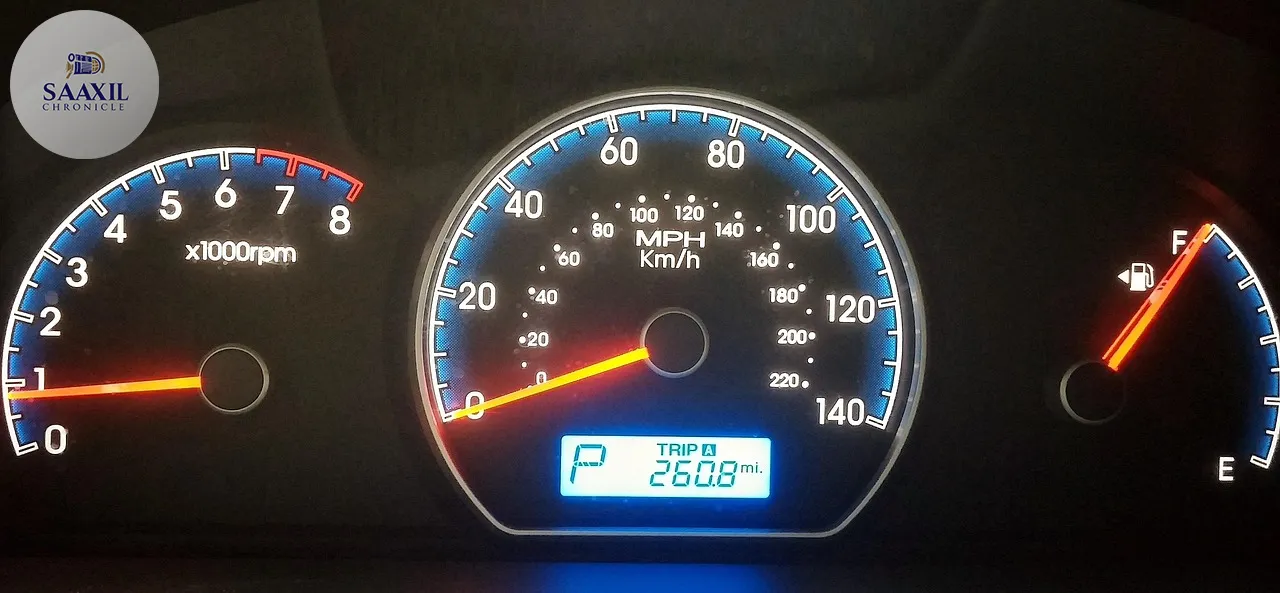In the ever-evolving landscape of the automotive industry, Vauxhall’s journey from an independent British car manufacturer to its integration with German brand Opel under General Motors (GM) is a story of strategic consolidation and market challenges. This transformation, which began in the 1970s, illustrates how global strategies and economic pressures can reshape national brands.
The Beginning of the End for Vauxhall
The shift began in the early 1970s when Vauxhall, despite its historic roots dating back to 1903, started losing its footing in the competitive car market. By this time, Vauxhall had established itself as a significant player in the UK, ranking as the third-largest carmaker in the country with production facilities in Luton and Ellesmere Port. However, as the decade progressed, Vauxhall found itself under immense pressure from dominant competitors like Ford.
While Opel, founded in 1899 and acquired by GM in 1929, was thriving as Germany’s second-largest carmaker, Vauxhall struggled with productivity issues and rising costs. The disparity in performance was stark; Opel was a leader in productivity, while Vauxhall was operating at a mere 59% of Opel’s efficiency. Labour disputes and escalating costs further exacerbated the situation, leading to significant financial losses for Vauxhall.

Consolidation Under General Motors
In response to these challenges, GM made the strategic decision to consolidate its European operations, focusing on Opel’s more efficient production capabilities. This decision marked the beginning of Vauxhall’s gradual integration with Opel. The launch of the Vauxhall Chevette in 1975, essentially a rebadged Opel Kadett, symbolised this shift. It was a move that signalled the end of Vauxhall’s independence in car design and development.
John McCormack, GM Europe’s president at the time, explained that all research and development for GM’s European operations would be centralised in Germany. Vauxhall’s role was reduced to adapting Opel projects for the British market, a stark contrast to its previous autonomy in car design and engineering.
The Impact of ‘Opelisation’
The process of ‘Opelisation’ had profound effects on Vauxhall’s identity and operations. The brand experienced a revival in sales, thanks in part to clever marketing strategies that capitalised on the Vauxhall name, which still held significant value in the UK market. From a market share of 7.4% in 1975, Vauxhall’s share increased to 8.2% by the late 1970s as the market expanded.
Despite this resurgence, there was a sense of loss within the industry and among political figures. Graham Bright, MP for Luton East, expressed concerns in 1981 about the erosion of British automotive skills and the loss of Vauxhall’s design and engineering capabilities. He lamented the fact that Vauxhall cars were no longer sold in Europe, marking a significant shift in the brand’s international presence.
The Legacy and Future of Vauxhall
Today, Vauxhall operates as part of the Stellantis group, which was formed from the merger of PSA Group and Fiat Chrysler Automobiles in 2021. Stellantis has reiterated Vauxhall’s position as a British brand, although its operations remain closely linked with Opel. The integration has allowed Vauxhall to benefit from shared technologies and platforms, ensuring its survival in a competitive global market.
Looking forward, the future of Vauxhall lies in its ability to adapt to the changing dynamics of the automotive industry, including the shift towards electric vehicles and sustainable practices. While the brand’s independence may be a thing of the past, its continued presence in the UK market reflects its enduring legacy and adaptability.
The story of Vauxhall’s integration with Opel serves as a reminder of the complexities of globalisation in the automotive industry. It highlights how economic pressures and strategic decisions can redefine a brand’s identity and operational focus. As Vauxhall navigates its future under Stellantis, its journey underscores the importance of resilience and adaptability in an ever-changing market landscape.





